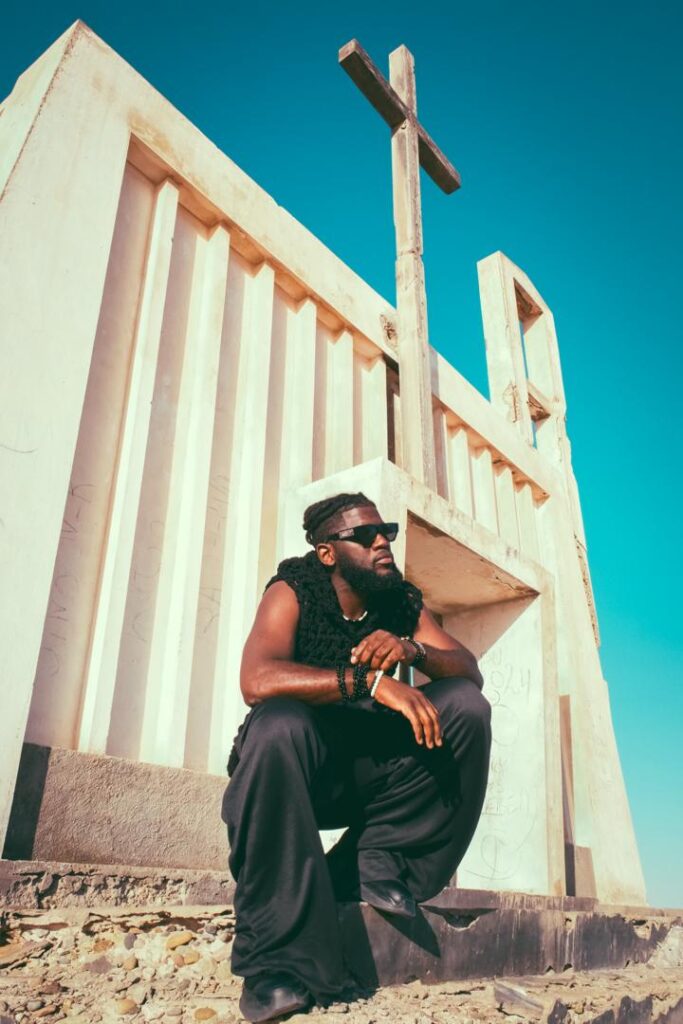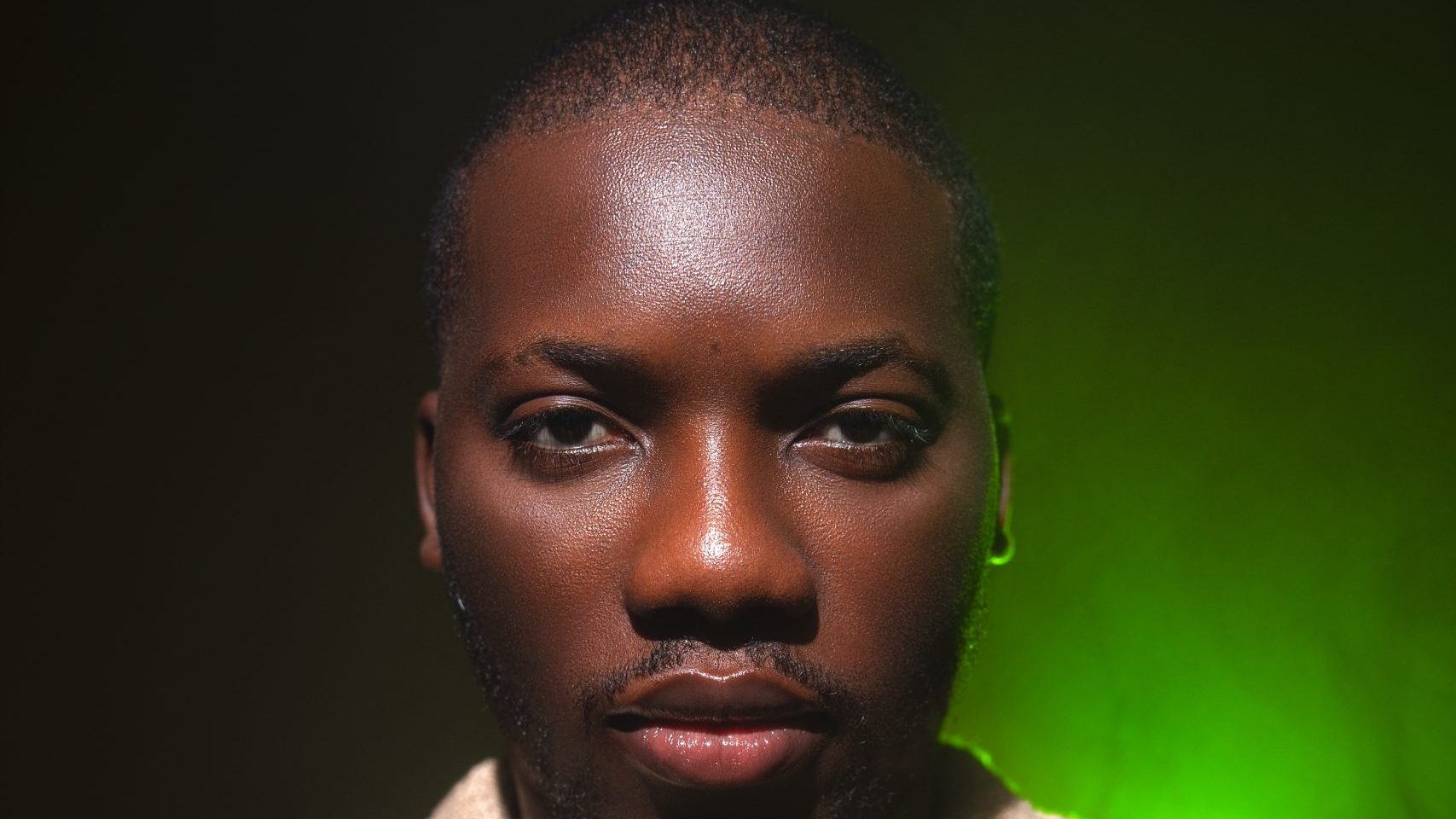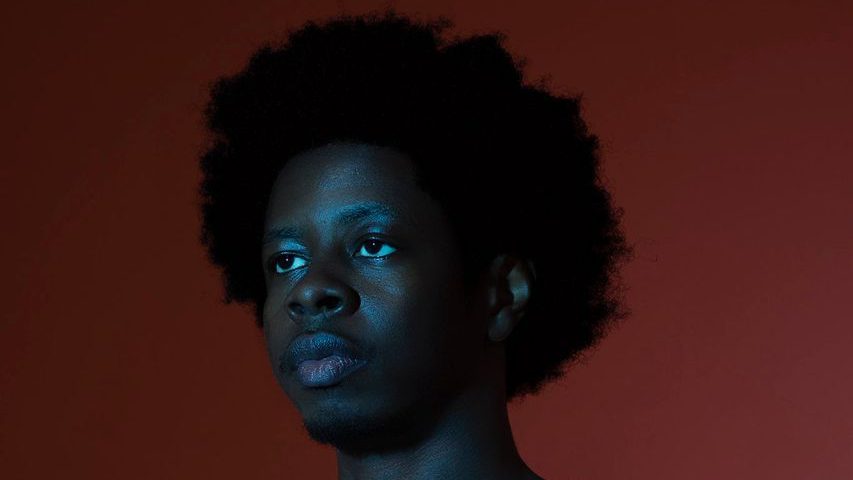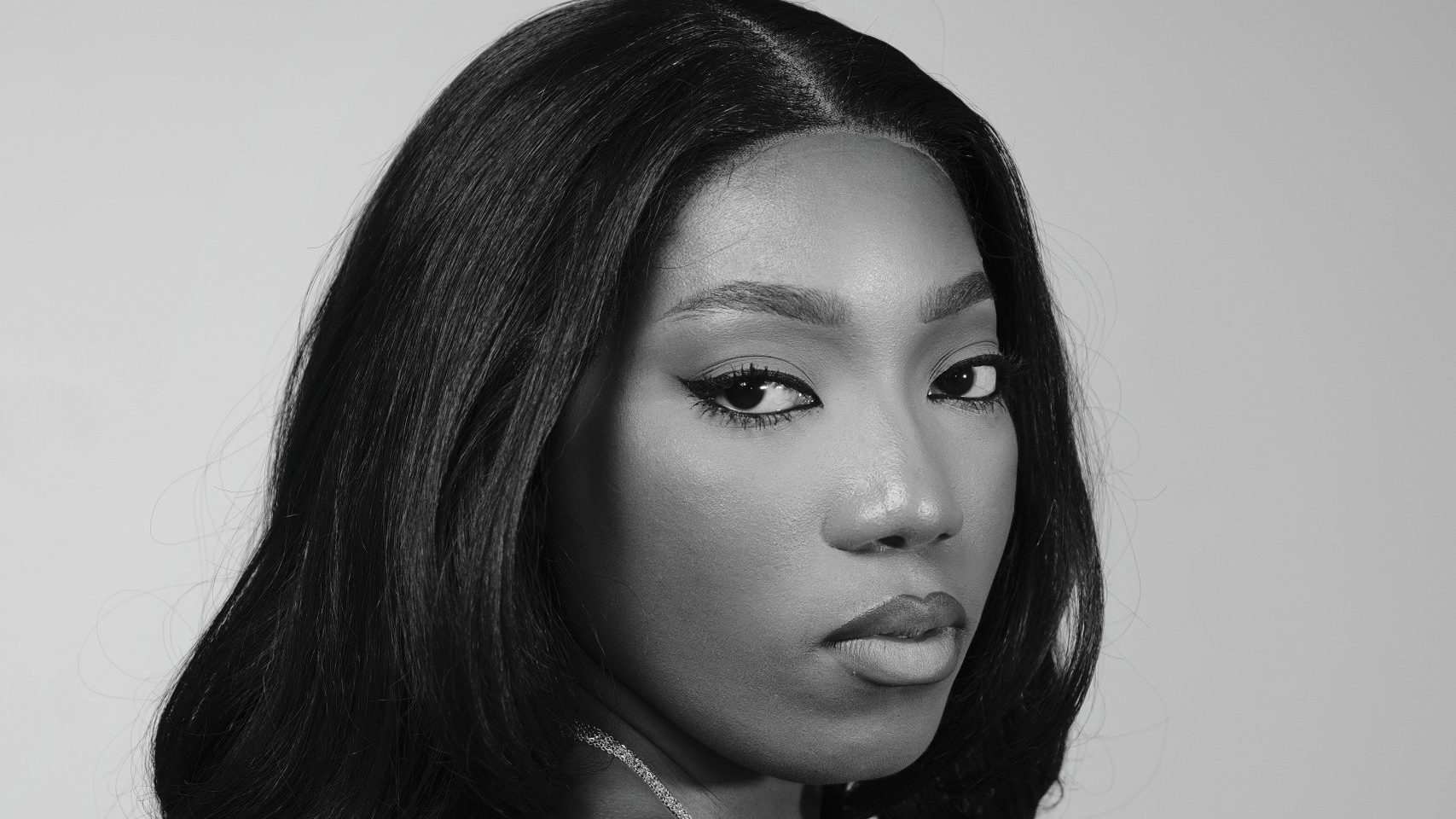Can one be too tapped into their continent? Is it possible to dig too deep into the rhythms and sounds of the motherland? For Agatchu, real name – Chris Hansen – the answer is ‘No!’. Understanding these cultures is life, and bringing them to the fore in his music is his one true aim. Born in the 90s and raised in France, Agatchu is Angola’s newest musical star. His debut project, Believe, perfectly encapsulates what the dynamic singer offers.
In this interview with WeTalkSound’s John Eriomala, Agatchu speaks on his origins as an artist, understanding the nuances and complexities of African genres, categorisation, and the essence of the music he creates. He also dives into dream collaborations, breaking into diaspora music spaces, and how he fuses sounds.
Who is Agatchu?
I go by the name of Agatchu. I was born and raised in Angola and spent most of my studies in Paris, France. I started making music when I was 13 as a producer and songwriter for French-based artists and Angolan artists. I also got the opportunity to work with a couple of Nigerian artists. Going down my music path, I just started recording my songs, and one day, I had the light to release a couple of songs for the community. It started like that, and here we are.
What was the connection between Angola, France, and Nigeria?
It’s a very interesting question because, most of the time, my friends will ask me the same questions. “How are you so down to the culture?” I’ve always been a big fan of African music, including the Reggae community, Highlife, Ghanaian music, Congolese music, and Nigerian music. Even Nigerian movies are my childhood. I’ve been down to the culture and basically live there. Growing up, I also had a lot of friends in the community from these countries who just made me feel like a brother and their culture like a second home. So what I do is just a fusion of our music. I mix it all into a cocktail. That pretty much defines my music.

Is there anything else that inspired your love for these genres?
Our story as Africans. I’ve read a lot about our stories and kingdoms as Africans. The music, in particular, is so attractive for many reasons. For example, you find elements of our music – percussions and genres – in Angola abroad in South America, especially in Brazil, when we listen to the Samba music. You can even find them among the Mexicans and Colombians. All those elements come from our culture and our traditional music. I think it’s the same with a lot of genres.
So all this connection, trying to figure out a specific sound I needed to master, made me focus and say, “Okay. I love Afrobeats. I love Highlife. I’ve heard a lot of Kwaito, House music, and other South African music. So, why not connect all these dots?” You get to a point where you just find these same elements everywhere. It’s the same rhythm, tempo, and BPM, and it’s amazing and seasoned, which made me dig in even more.
You seem to have a Pan-Africanist view of music. Does literature influence this?
Not in particular. I can call it an African side of me, where I put more work into what’s ours and try to understand it to explain it to other people. We’re all into the trend of Afro beats this and Amapiano that. But for us, as artists, producers, and songwriters, it’s very important to know the origin of every element, especially in Europe, and for artists in the diaspora to explain and defend the concept. Nowadays, I see every single African genre put into a box of Afro this, Afro that. I feel bad about it, knowing our different traditions. This is one of the reasons I think a lot still needs to be spoken about. Maybe documentaries about our music or artists out there need to talk more instead of trying to fight for trademarks or “I invented this sound”.
Before New Maserati, your first single, was songwriting all you did?
Songwriting and recording. I also recorded a couple of songs with my friends. Back in high school, we formed a band where we just used to sing whatever came into our minds. We did hip-hop, RnB, Kizomba, Afro. We were just making music and enjoying it. But at a point, I desired to master my sound and work through each element. I took time out and focused on making songs for artists until I felt ready to work on my craft.
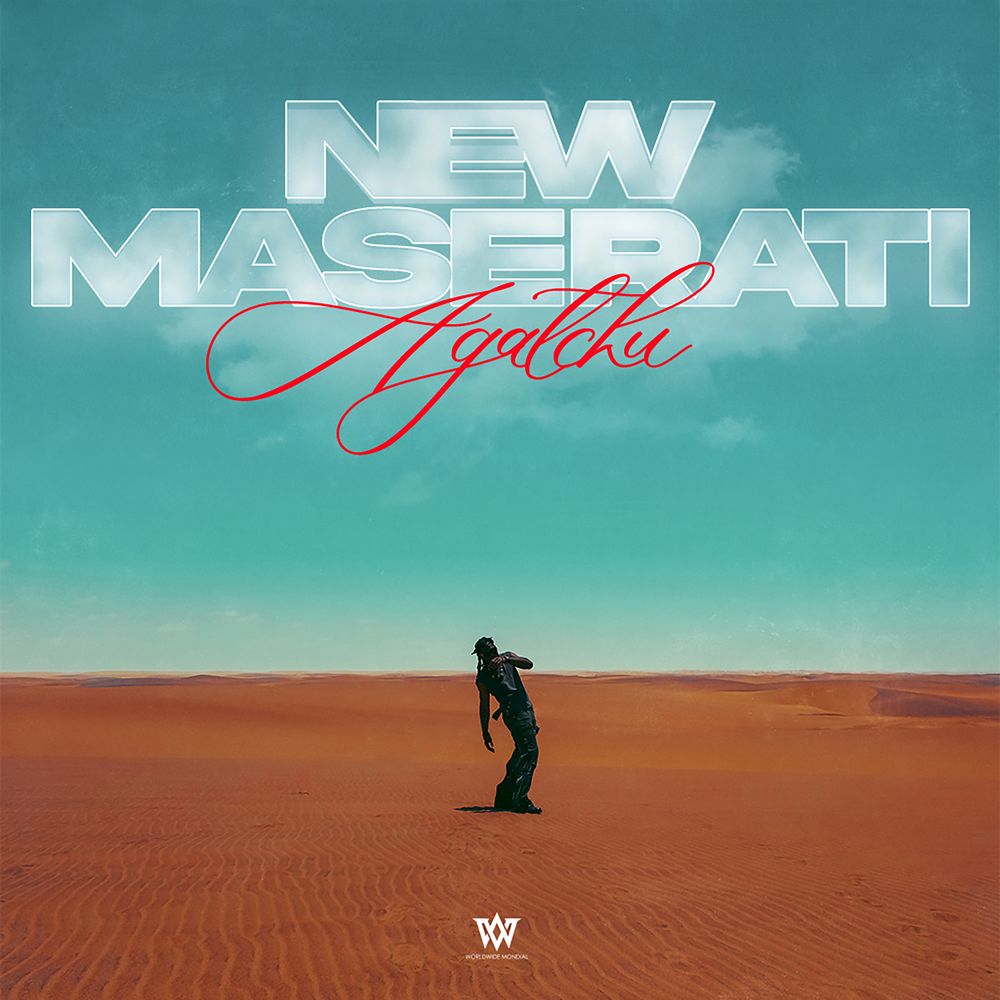
What happened after this?
A lot of production and networking between the diaspora in Africa and the US. I connected with artists and learned the creative aspect of artistry throughout this process, which helped me a lot.
How was the experience of getting into these spaces?
I felt backed up and conflicted a little. For example, in my writing process, I sometimes want to write in Lingala, a Congolese language. I’ve never been to Congo, but I speak Lingala very well. Same with Pidgin. I can even write in Portuguese, as well. But, when I started doing my songs, people close to me said, “Chris, you’ve got a good network. Why don’t you just sing in French? You know, the right artists. They can just put you on.” It was initially confusing because I felt I could go the easy way. “After all, I know this person. I know that person. Why not just follow what these people say?” But I followed my heart, my art and how I wanted to express myself. It was a tough decision. I got to a point where it was just music. The language didn’t matter. I just had to work on the transmission and the feeling. People should feel what I want them to in those ad-libs. Just feel it and nothing else. Let’s get it out there for the larger public. If it touches five, seven, or ten people? It’s good. If it blows up more? Even better.
You have quite a diverse list of cross-continental collaborators. What sets each of these collabs apart?
Music connects. We all have this one thing in common: we give people the feeling, but the difference between working with someone like Dadju and Teni is the process. Teni is like a one-verse killer on Afrobeats, but if Dadju had to do the same song, he would need to feel the vibe first. But when it comes to Congolese music and BPM, he would feel right at home because he grew up listening to that. Also, artists differ in influence and what they’ve been listening to. Afro-music in France is very recent. And I still feel that many French artists haven’t mastered the Afro. But then, music connects, and that’s what truly matters.
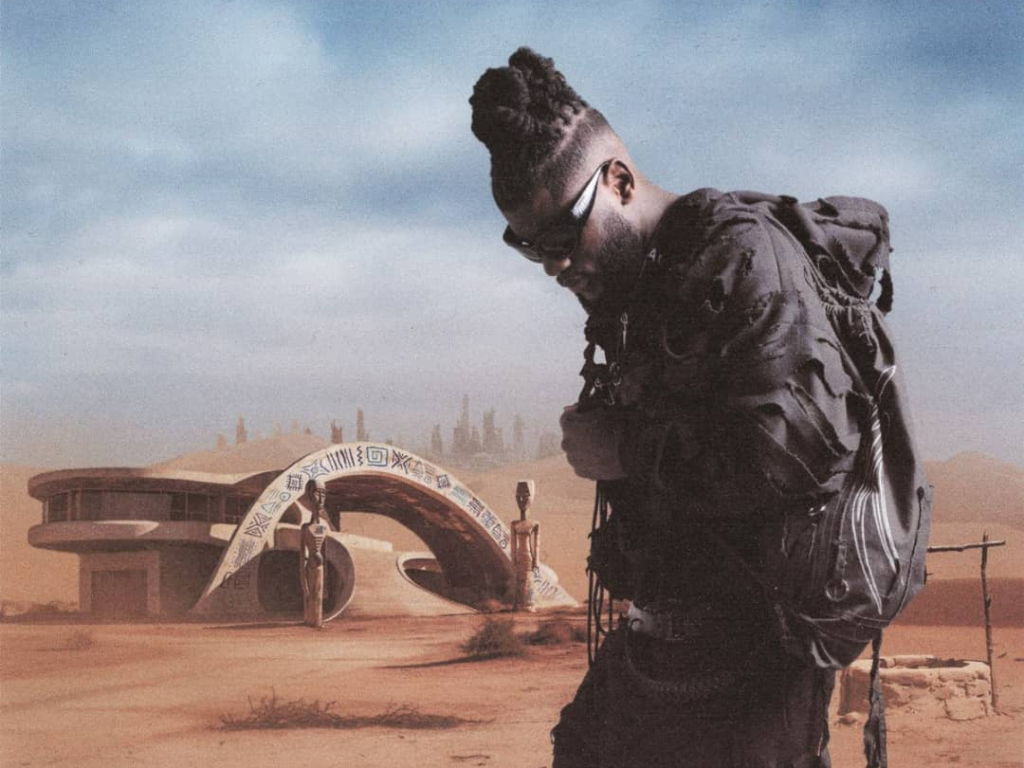
What’s one genre of music in Africa you think is underrated or underexplored?
It’s the Kizomba music. Interestingly, it was influenced by the Brazilian samba music. It comes from Central Africa: Angola and Congo. When I listen to Ckay and Omah Lay, for example, the instrument, the BPM, and how the kick bumps with the snare reflect Zouk and Kizomba with just a couple of other elements introduced. This sound is well explored in France, but we call it French urban music, or Zouk. I feel we need to look more into it. At the end of the day, it comes back to what we discussed earlier about categorisation.
What would you like listeners to take from the Believe Album?
Never give up on your vision because nobody can do it for you except you. Nobody can wake you up unless you set out to be disciplined and focused on what you do. Believe and follow it up with hard work and patience. There are a lot of obstacles out there, just like the ‘lie’ in the middle of the word ‘believe’. However, those are obstacles that we have to overcome to make our dreams come true.
What was your favourite song to record on the album?
I had different experiences, but one of my great experiences while creating this project was for Mopepe. It was the last song I did, and I wasn’t even expecting to get good critiques on this song because it was a freestyle. I was just having fun in the studio after the session I did with Jujuboy. Went back with my guy Aznvr, and we came up with the song Mopepe and just kept it there. Sometime later, I told him we needed to deliver the masters, and he was like I forgot one song. I set up a listening session with the boys to see their reactions. After I played it, the artists I invited said, “Bro, we hope that’s your next single. This one is the song. This is the vibe we need out here”. And that’s how it came out big.

Who are the artists or producers you’d love to work with?
I like Zinoleesky a lot. He’s pure vibes and 100% authentic. You only find this type of sound there. You have to go where he lives. You have to record it in Nigeria to get the best of him. It’s the same with Zlatan. It’s just that sound where I hear it, and I know it’s them. They’re not trying to sound like others. You have to live what they live and go through what they went through to make that level of music.
What should we expect in the rest of 2024?
We will keep pushing and going hard every day until I pull up, maybe in the new Maserati. But just giving good music and telling our stories out there. One of these days, I might just pull up in different cities in Europe and Africa.
